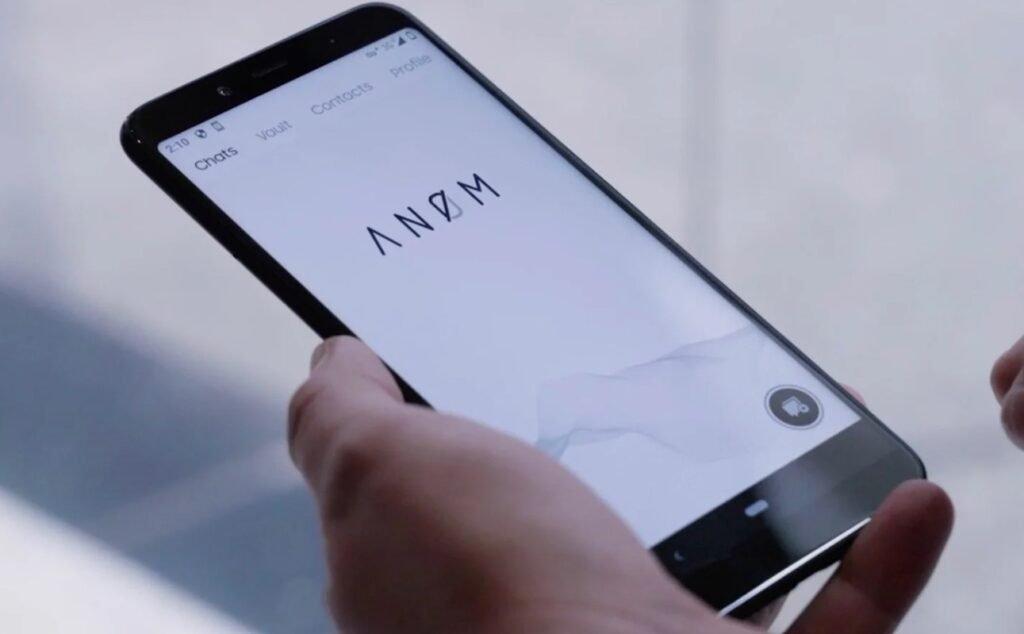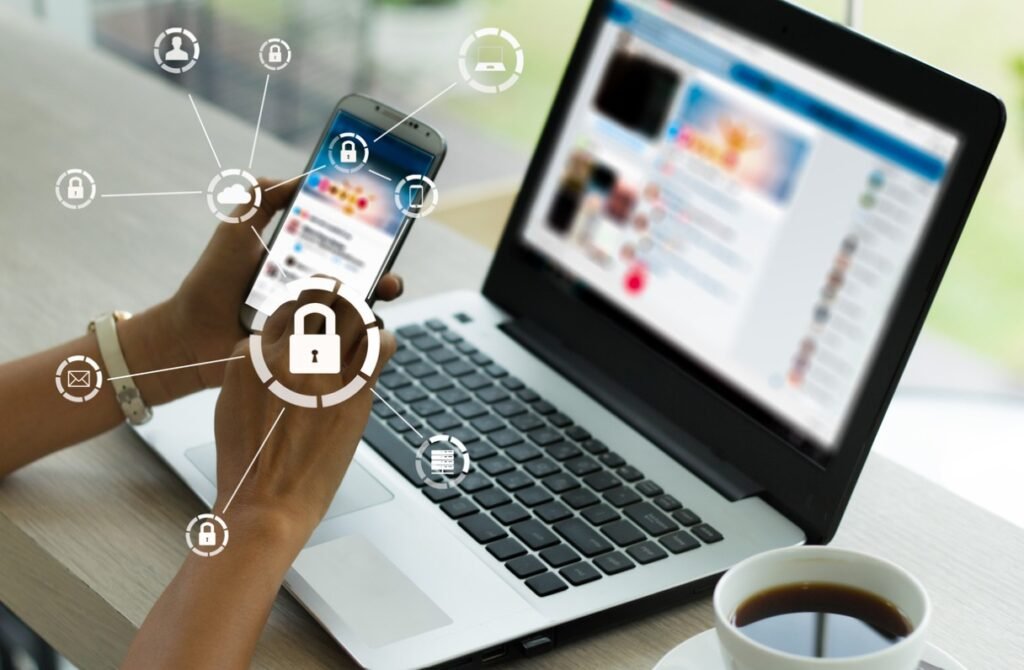The answer to Does The FBI Watch My Phone? is the FBI does not monitor phone activity. You can be certain that no agents from the FBI are also keeping an eye on your phone. They have a lot on their plate since they try to obtain warrants when necessary, which is one of the numerous reasons.
However, the FBI and other law enforcement organizations like the NSA and CIA examine data from smartphones for illegal activity if there is a security concern and they are granted permission or a search warrant.
The number of litigation involving privacy issues has significantly increased during the last few years. Businesses are finding it more and more difficult to defend their data harvesting methods.
While some businesses have improved the accessibility of their privacy policies, others have brought technical solutions to protect their private practices.
Does The FBI Watch My Phone?
Simply put, no. The only time the FBI would ever “monitor” your phone would be during a wiretap, which requires a protracted legal process to be allowed, convincing proof that criminal behavior is taking place, and rigorous rules and regulations regarding who can and cannot listen to what.

For instance, Apple just unveiled a new feature that enables customers to encrypt all of their phone calls and personal papers. Additionally, a measure mandating the inclusion of built-in encryption technology in new cellphones by 2020 has been put forth by a group of American politicians.
There are still questions regarding what happens if your phone is stolen or lost and if the authorities have the right to access your personal information without a warrant.
When Can An FBI Agent Watch Your Phone?
New legislation in New York mandates that authorities must obtain a warrant before monitoring the contents of your phone. Since no rules limit it and it is frequently carried out without monitoring, cell phone spying has become a significant problem at the federal and state levels. There are rigorous rules about when an FBI agent can look at your phone right now, but there may soon be additional adjustments.
In an 8-1 ruling, the United States Supreme Court decided that warrants are required for police to search people’s cell phones.
The decision has repercussions for an increasing number of people, especially those whose phones have been taken by law enforcement officers despite not being suspects. Because they can search without a warrant or any reason to suspect wrongdoing, government agencies will now find it simpler to access information saved on cell phones due to the court’s ruling.
The FBI agent who used his “Stingray” equipment in 2008 to track down and detain Antoine Jones for a drug-related felony without any proof linking him to the crime was perhaps one of the most contentious cases to emerge from this discussion. Jones ought to have been able to challenge, according to critics.
How To Protect Your Devices On The Internet?

Protect Your Systems And Data
- Maintain system and software updates, and install a reliable, powerful antivirus program.
- Create a secure and distinctive passphrase for each online account you have, and change it frequently. If one of your accounts is compromised, you are more susceptible if you use the same passphrase for multiple accounts.
- If you haven’t confirmed the sender’s email address and aren’t expecting the file, document, or invoice, don’t open any attachments.
Protect Your Connections
- When using a public Wi-Fi network, exercise caution and avoid sensitive transactions, such as making purchases.
- Avoid using free charging stations at hotels, shopping malls, and airports. Bad actors have discovered ways to infect machines that access public USB ports with malware and monitoring software. Use an outlet in place of carrying around a charger and USB cord.
Protect Your Resources And Information
- In any correspondence, check the email address, and check the website addresses. By slightly altering the spelling of a reputable website or email address, scammers frequently imitate them. Another example is when an email appears to be from a trustworthy organization, but the sender’s email address is dubious.
- Do not click the link if you receive an unsolicited text message or email asking you to update, check, or verify your account information. Whether you are worried about the state of your account, go into your account on the company’s website or contact them by phone at the number provided on the official website to find out if anything requires your attention.
- Examine all electronic demands for payment or cash transfer with great care.
- Any communication that demands rapid action should be viewed with additional caution.
- Use a credit card when making online transactions to add an extra layer of security against fraud.
- Never send money to anyone you encounter online, and never give someone you don’t know enough access to your bank account to make deposits or withdrawals.
Final Verdict
In conclusion, Does The FBI Watch My Phone? The FBI cannot monitor it unless you grant them access to your phone. Only with the owner of the phone’s permission will they be able to do so.
To the amazement of conspiracy theorists and some anti-government organizations, no. First, by “seeing us through our phones,” I assume you mean using your “smartphone’s” camera and microphone to observe and hear what you are saying. First, doing so illegally without a valid warrant would be against your constitutional privacy rights.
A court warrant would be required for a law enforcement agency to do so. Second, the FBI has far too many essential crimes to actively investigate for them to just arbitrarily and covertly access your camera or listen in on some stranger’s phone conversations.
You have to be a bad guy to garner the FBI’s attention, much less justify the technical procedures, legal requirements, and workforce needed to listen to your lunch order. Time constraints and Hollywood drama contribute to how quickly it’s portrayed in movies and TV.
Hollywood’s misconception that the FBI or other law enforcement agencies have unlimited resources is false. Unless you’re involved in narcotics, significant fraud, murder, public corruption, organized crime, or terrorism, you’re usually too little to attract the FBI’s attention.
Frequently Asked Questions
How can you tell if someone is filming you?
There are typically two approaches to finding hidden cameras offered by spy camera detectors: Look for the camera’s lens’ reflecting lights (like using a flashlight). Identify the camera’s RF transmission. The detectors often beep to warn you audibly when they detect a signal.
How can I tell if I’m under investigation?
Warning Signs of an Investigation
The police may contact you or visit your residence.
The police may contact your family, friends, love partners, or coworkers.
You see unmarked or police cars near your residence or business.
On social media, you get friend or connection requests.
Can you be looked into without being informed?
A probe by the federal government may take a while. Before filing any federal criminal charges, investigators may investigate a case for years in some circumstances. Before agents arrive at his home to conduct an arrest, the subject of the inquiry might not even be aware that he is being looked at.
Is there a file on me with the FBI?
The FBI does not maintain files on everyone, but if a person has been a victim in a case or a legitimate third party has asked for information about them, they may have a file. A Freedom of Information Act or Privacy Act request can be used to obtain your FBI file.






